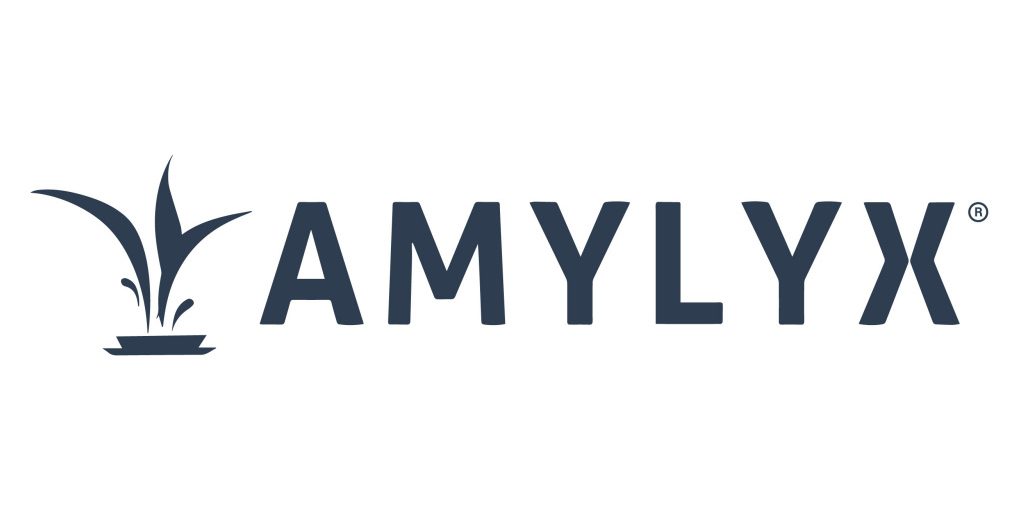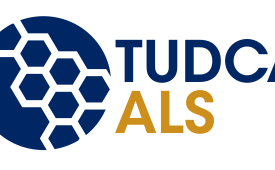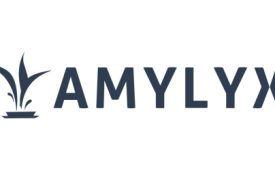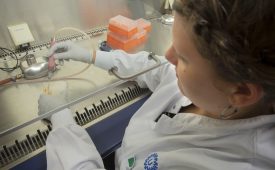
Yesterday, the pharmaceutical company Amylyx announced that they are withdrawing the drug AMX0035/Relyvrio/Albrioza from the market in the U.S. and Canada. This decision was based on the disappointing results from the PHOENIX-study, which were recently announced.
Disappointing results
On March 8th, 2024, Amylyx announced that the initial results of the PHOENIX-study showed no effect of the drug AMX0035 (also known as RELYVRIO or ALBRIOZA) in individuals with ALS. At that time, it was not yet known what the implications would be for the availability of the drug, which had been approved by the FDA in 2022 and was thus available in the US and Canada by prescription for people with ALS.
Drug withdrawn
Amylyx now states that they have decided to voluntarily discontinue the marketing authorization for the drug and to remove the product from the U.S. and Canadian markets. As a result, the drug will no longer be available for new patients as of April 4th, 2024.
What does this mean for people already taking the drug?
Individuals with ALS already taking the drug who wish to continue are allowed to do so in consultation with their doctor, through a ‘free drug program’. This means they can continue taking the drug at no cost. Individuals with ALS who participated in the PHOENIX-study and are in the open-label extension phase, may also continue taking the drug, however this may change in the future. The results of the PHOENIX-study did show that taking the drug was safe and well-tolerated. This way, Amylyx hopes to gather more data on the drug’s effects on survival and possible other long-term effects. The exact details of this program are currently not yet known.
Response from TRICALS
Leonard van den Berg, global PI of the PHOENIX-study on behalf of the TRICALS : “The withdrawal of the drug Relyvrio was the logical consequence of the disappointing results of the PHOENIX-study. We suspect that this withdrawal will have little impact on the European market. However, we want to express our sympathy to all people with ALS; the negative results of the PHOENIX-study are and remain a huge disappointment for the ALS community, and this decision reminds us of that once again.
The PHOENIX-trial was a large-scale study with a lot of new and useful data. By evaluating this study and with Amylyx sharing their learning, we aim to improve future ALS research. TRICALS remains committed to finding a treatment for ALS.”
About AMX0035
AMX0035 was the active compound in the CENTAUR-study, a phase 2 trial, and the PHOENIX-study, a phase 3 study. In September 2022 Amylyx received full and conditional approval in America and Canada based on the results from the phase 2 trial (CENTAUR). The EMA did not give its approval based on these data and wanted to await the results from the phase 3 PHOENIX-trial. Unfortunately, the first results of the PHOENIX-study turned out negative, there is no effect of the drug. Other topline results are expected in the upcoming weeks.
Read the official statement of Amylyx here
Noticias relacionadas

Meet the centre - Torino ALS Center (University of Torino)

Results of TUDCA-study: No effect of investigated compound

Amylyx: no effect after analyzing phase 3 study
